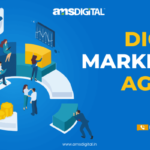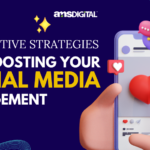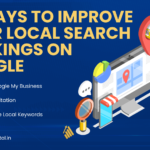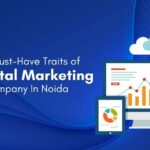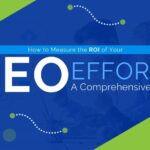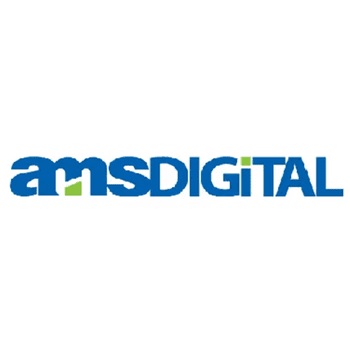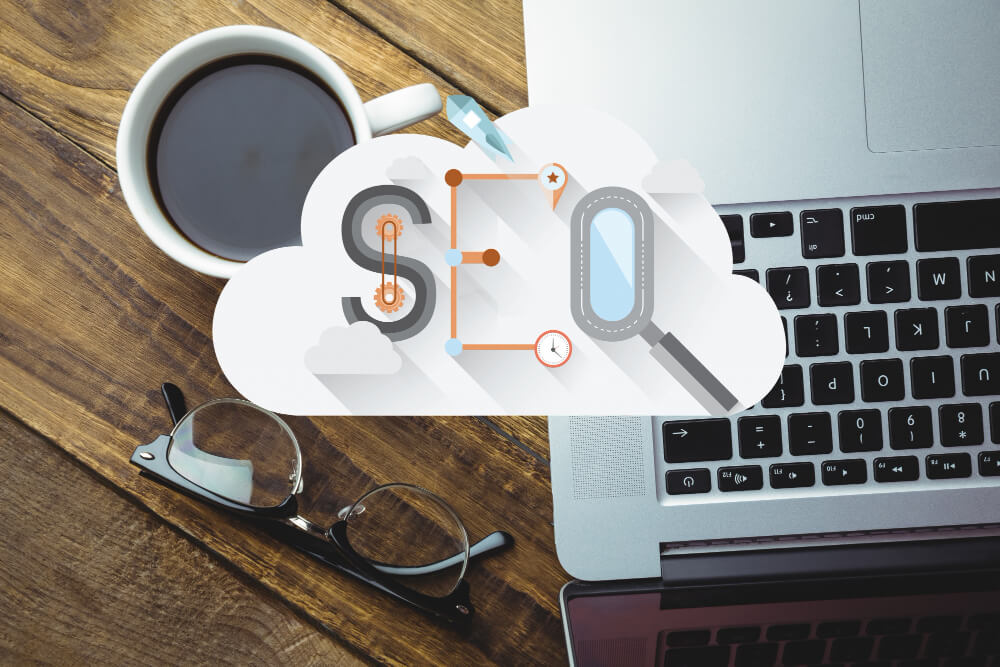
In the vast landscape of digital marketing, on-page SEO stands out as a critical component for website success. As search engines evolve, the significance of optimising individual web pages for better visibility is a must. Let’s look into the key factors that make on-page SEO a game-changer for your online presence.
Definition of On-Page SEO
On-page SEO refers to the practice of optimising individual web pages as per search engine norms in order to index and rank higher. The practice will earn more relevant traffic from search engines. This involves tweaking various elements on your site to enhance its visibility and accessibility to both search engines and users.
Importance of On-Page SEO
The online competition is fierce, and standing out amidst the digital noise requires a strategic approach. On-page SEO is the foundation that a website’s journey begins on search engines to rank on search engine results for keywords. It boosts your visibility and enhances user experience, a crucial factor in retaining and converting visitors.
Keyword Research
Identifying Relevant Keywords
The backbone of on-page SEO is keyword research. Choosing the keywords that ensure content aligns with what users are searching for. Utilize tools like Google Keyword Planner to identify relevant keywords with optimal search volumes.
Long-Tail Keywords
While short-tail keywords are essential, long-tail keywords will be a goldmine. They are more specific and lead to higher conversion rates. Incorporate a mix of both short and long-tail keywords naturally in content.
Title Tags
Crafting SEO-Friendly Titles
Title tags are the first thing users see in search engine results. compelling and concise titles that accurately represent your content. Include relevant keywords to attract both search engines and users.
Importance of Title Tags
Title tags are a crucial on-page SEO element. It provides context to search engines about the content of your page. Well-optimized title tags can significantly impact click-through rates and search rankings.
Meta Descriptions
Writing Compelling Meta Descriptions
Meta descriptions may not directly influence rankings, but they play a crucial role in enticing users to click on your link. Write compelling meta descriptions summarizing your content and encourage users to visit your site.
Impact on Click-Through Rates
An engaging meta-description can lead to higher click-through rates, signaling to search engines that the content is relevant and valuable. This positive feedback loop can boost your rankings over time.
Structuring Content with Headings
Heading tags help structure your content, making it more readable for both users and search engines. Use H1 for the main title and follow a hierarchical structure with H2, H3, and H4 for subheadings.
Significance in SEO
Search engines use heading tags to understand the hierarchy and context of your content. Properly structured headings enhance the readability of your content and contribute to a positive user experience, a factor Google considers in rankings.
URL Structure
Creating Search-Friendly URLs
Your URL is another placement to include relevant keywords. Keep it simple, concise, and reflective of your content. Avoid long strings of numbers or irrelevant characters.
Best Practices for URLs
A clean and concise URL not only aids in SEO but also makes it easier for users to remember and share. It’s a small detail that can have a significant impact on user experience.
Content Quality
Importance of High-Quality Content
Content is king, and this remains true in the realm of on-page SEO. Create high-quality, valuable content that addresses the needs and queries of your target audience. Google rewards content that genuinely adds value.
Keyword Placement in Content
Strategically place your chosen keywords within the content, ensuring a natural flow. Avoid keyword stuffing, as it can harm your rankings. The focus should be on providing comprehensive and helpful information.
Image Optimization
Alt Text and SEO Benefits
Images are integral to web content, but they can also impact SEO. Optimise images by including descriptive alt text that includes relevant keywords. This not only enhances accessibility but also contributes to search engine understanding.
Compressing Images for Faster Loading
Page load speed is a ranking factor. Compress images to ensure your site loads quickly. Users appreciate fast-loading pages, and search engines reward them with better rankings.
Internal Linking
Connecting Related Content
Internal linking helps search engines understand the structure of your website and the relationships between different pages. Link to relevant internal pages within your content to improve overall site authority.
Boosting Page Authority
Pages with higher authority are more likely to rank well. Internal links pass authority from one page to another, contributing to a robust SEO strategy.
External Links
Quality External Links
While internal links are crucial, external links also play a role in on-page SEO. Link to reputable and relevant external sources to provide additional value to your audience.
Avoiding Broken Links
Regularly check your external links to ensure they are still valid. Broken links can harm user experience and impact your site’s credibility.
Mobile Optimization
Responsive Design
With the increasing use of mobile devices, a responsive design is essential. Ensure your website is mobile-friendly to cater to a broader audience.
Google’s Mobile-First Indexing
Optimise your site for mobile devices to maintain and improve your search rankings because Google now prioritizes mobile versions of websites for indexing and ranking.
Page Load Speed
Impact on SEO Rankings
Page load speed directly influences user experience. Slow-loading pages frustrate users and may lead to high bounce rates. Optimise your site for speed to retain visitors and improve your SEO rankings.
Optimization Techniques
Compressing images, leveraging browser caching, and minimizing HTTP requests are just a few techniques to improve page load speed. Regularly monitor and implement optimizations to stay competitive.
User Experience
Navigation and SEO
User experience is a key ranking factor. Ensure the website is easy to navigate, with clear menus and design. A positive user experience encourages visitors to stay longer and engage with your content.
Engagement Rate and its Significance
A low engagement rate indicates that visitors are leaving your site quickly. Analyse engagement rate data and make improvements to keep visitors engaged and exploring your website.
Social Media Integration
Social Signals and SEO
While the direct impact of social signals on SEO is debated, there’s no denying the influence of social media. Share content on social platforms to increase visibility and potentially attract external links.
Sharing Quality Content
Engaging content is more likely to be shared on social media, expanding your reach and driving more traffic to your site. Focus on creating content that resonates with your audience.
Analytics and Monitoring
Google Analytics for On-Page SEO
Regularly monitor your website’s performance using tools like Google Analytics. Track key metrics, such as organic traffic, bounce rate, and conversion rates, to identify areas for improvement.
Regular Monitoring and Adjustments
SEO is an ongoing process. Regularly monitor your on-page SEO efforts and make adjustments based on performance data. Stay informed about industry trends and algorithm updates to adapt your strategy accordingly.
Conclusion
In digital marketing, on-page SEO remains a pivotal force. By focusing on keyword research, optimizing title tags, meta descriptions, and other crucial elements, you can enhance your website’s visibility and user experience. Remember, the key to successful on-page SEO is a holistic approach that combines technical optimization with valuable, user-centric content.
at AMSDigital Technology & Media Services, provide top-class Digital marketing and SEO services to improve your website’s exposure, attract organic visitors, and eventually boost revenue.


